It's not a hangover it's Wine Flu
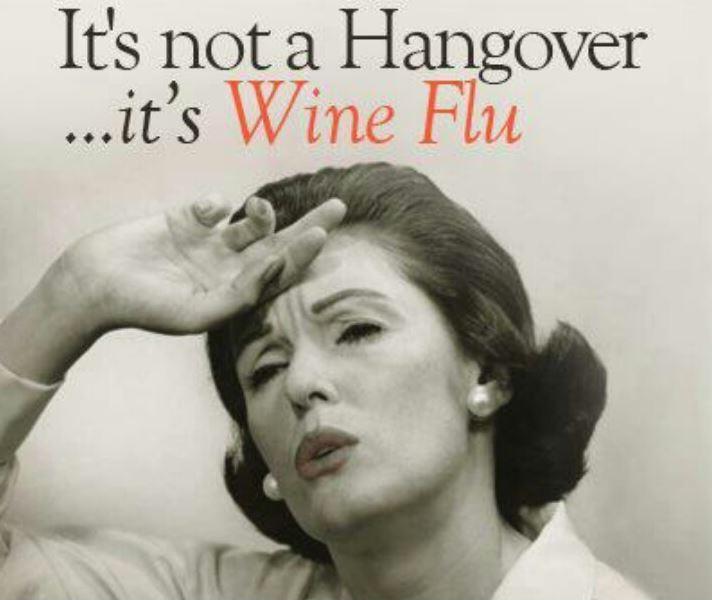
It's not a hangover it's Wine Flu
We've all been there - waking up after a night of indulging in a few too many glasses of wine, feeling groggy, nauseous, and overall just not quite right. Many of us may refer to this feeling as a hangover, but for some, it goes beyond just a typical hangover and enters the realm of what has been coined as "wine flu."So, what exactly is wine flu? Well, it's essentially a term used to describe the intense symptoms that can accompany a hangover after consuming a significant amount of wine. While a hangover typically consists of symptoms such as headache, fatigue, dehydration, and nausea, wine flu takes these symptoms to the next level. Those suffering from wine flu may experience more severe headaches, extreme fatigue, intense nausea and vomiting, and an overall feeling of malaise that can last for hours or even days.
The term "wine flu" is often used humorously to describe the aftermath of a night of heavy wine consumption, but the reality is that it can be a serious and debilitating condition for some individuals. The high sugar content in wine, along with the presence of sulfites and other additives, can contribute to more intense hangover symptoms in some people. Additionally, the alcohol content in wine can lead to dehydration, which can exacerbate symptoms such as headache and fatigue.
So, how can you prevent wine flu? The best way to avoid experiencing the intense symptoms of wine flu is to drink alcohol in moderation and stay hydrated while doing so. Alternating between alcoholic beverages and water, eating a meal before drinking, and pacing yourself throughout the night can all help to lessen the likelihood of developing wine flu the next day.
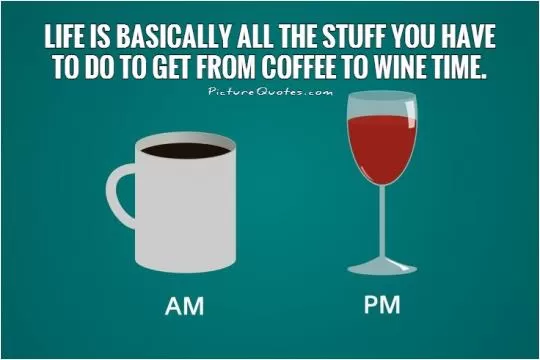
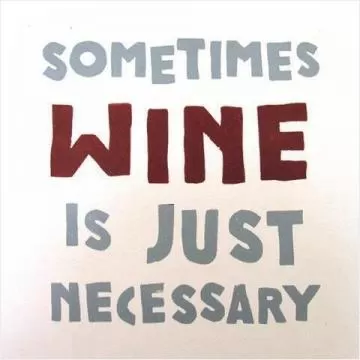

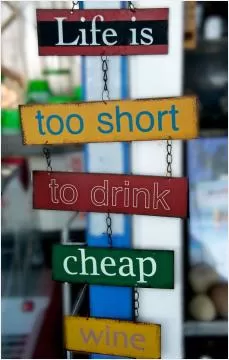





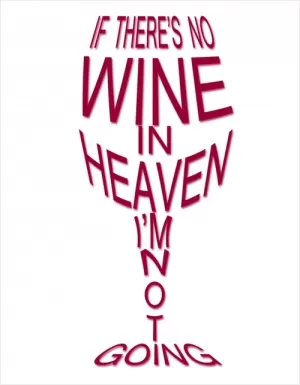


 Friendship Quotes
Friendship Quotes Love Quotes
Love Quotes Life Quotes
Life Quotes Funny Quotes
Funny Quotes Motivational Quotes
Motivational Quotes Inspirational Quotes
Inspirational Quotes